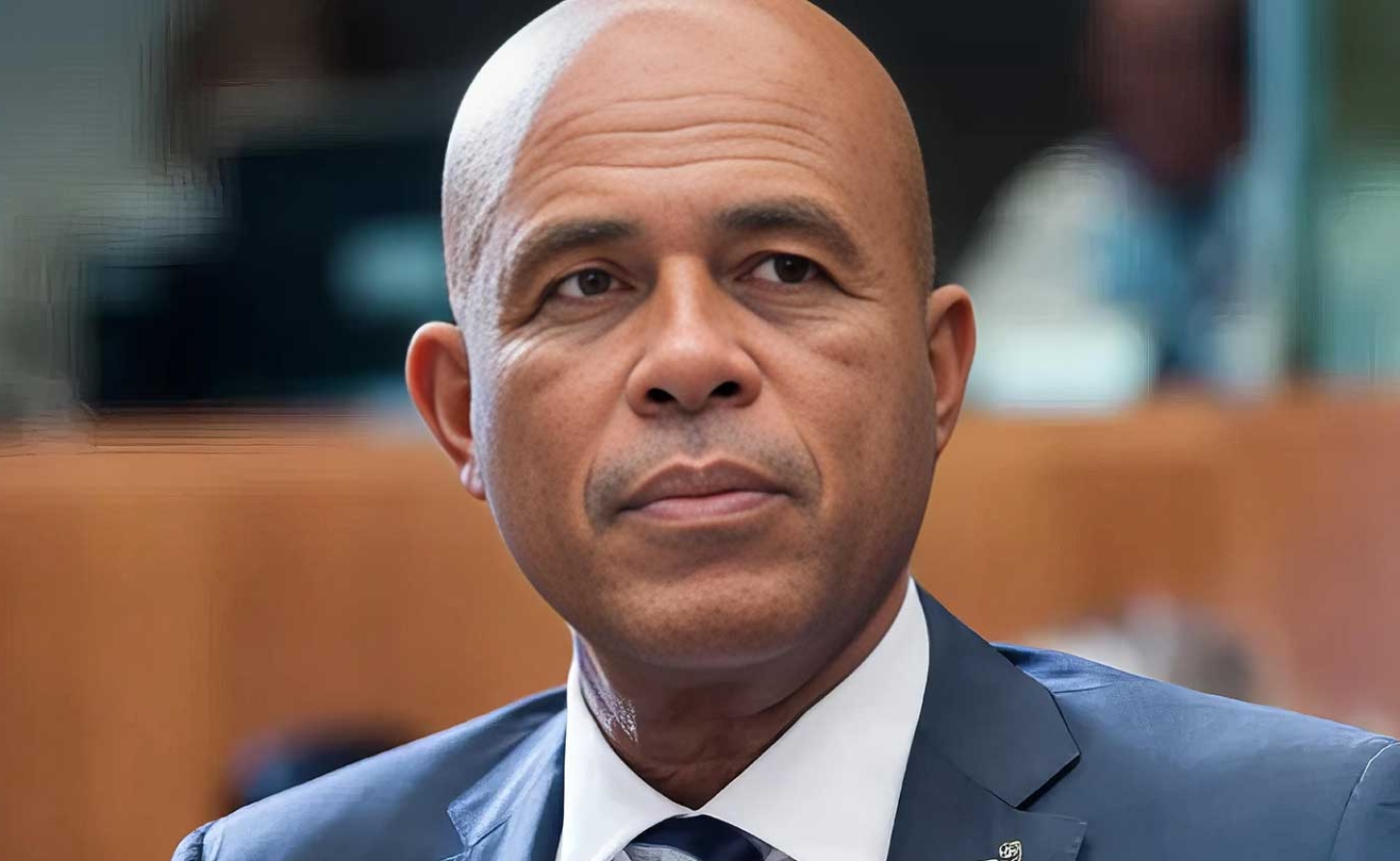HAITI | US Cracks Down on Haiti's Former President Over Alleged Drug Ties

MONTEGO BAY, August 21, 2024 - In a bombshell announcement that sent shockwaves through Haiti's political landscape, the United States government has slapped sanctions on Michel Martelly, the Caribbean nation's former president, accusing him of facilitating the global narcotics trade and sponsoring violent gangs.
The move by the U.S. Treasury Department, which cited Martelly's "role in the illicit drug trade," comes amid growing instability in Haiti, still reeling from a devastating 2010 earthquake and rampant corruption. During Martelly's tenure from 2011 to 2016, the impoverished country witnessed a surge in gang violence, drug trafficking, and the alleged embezzlement of nearly $2 billion in aid from Venezuela's PetroCaribe program.
While the sanctions may not pave the way for criminal charges against the 63-year-old ex-leader, who now resides in Miami, they could trigger global repercussions via the United Nations. Martelly faces a raft of financial restrictions, barring him from obtaining credit from U.S. institutions, conducting foreign exchange transactions, or attracting American investments in his properties or business ventures.
"Martelly abused his influence to facilitate drug trafficking and has sponsored multiple Haiti-based gangs," declared State Department spokesperson Vedant Patel. The Treasury Department further accused the former president of laundering drug money, colluding with Haitian narcotics smugglers, and bankrolling several gangs. "Narcotics trafficking and gang-related violence have contributed to political instability and insecurity in Haiti, which has created an untenable living situation for the Haitian people," the statement added.
The stunning revelation sent Haiti's government scrambling, with Prime Minister Garry Conille swiftly convening an emergency cabinet meeting. Meanwhile, Martelly's attorney, Richard Dansoh, remained tight-lipped about the sanctions' implications, merely confirming that his client intends to inquire about his ability to continue working in the United States.
Martelly, a former carnival singer who transitioned into politics, had been eyeing a potential presidential comeback despite facing protests from some Haitians abroad. Canada had already sanctioned him in November, but Washington's decision to follow suit could deal a crushing blow to his political ambitions.
A U.N. expert panel had previously accused Martelly of "using gangs to extend his influence" and further his political agenda in Haiti. The former president allegedly financed armed groups and supplied them with weapons during his time in office, with sources linking him to the notorious Base 257 gang, a key player in Haiti's ongoing security and humanitarian crisis.
Haiti's woes have only deepened since Martelly's departure, with armed gangs displacing nearly 600,000 people and leaving more than 5 million facing hunger. The deployment of a Kenyan-led multinational security force has done little to curb the violence, prompting the transitional government to expand a state of emergency.
This isn't Martelly's first brush with drug trafficking allegations; similar accusations dogged him during his 2010 presidential bid. Ironically, the U.S. had backed Martelly at the time, pressuring then-President René Préval to remove his preferred candidate from the ballot—a controversial move many see as sowing the seeds of Haiti's current turmoil.
While Martelly has never faced criminal charges, one of the biggest drug busts in Haitian history unfolded under his watch. In 2015, longshoremen discovered a massive cocaine and heroin stash hidden in a shipment of sugar, sparking a chaotic free-for-all involving police, a judge, and the head of Haiti's anti-drug unit.
The DEA's mishandling of the "sugar boat" case would later come to light, prompting a Justice Department probe and a scathing letter to President Biden. As Special Counsel Henry Kerner wrote, "Since the U.S. government expends resources for the DEA to operate in Haiti, it is incumbent on the agency to be as effective as possible in its mission to disrupt the flow of illegal drugs into the United States."
For Haiti-born political scientist Robert Fatton, the sanctions could spell the end of Martelly's political clout. "I think he's essentially politically dead for the moment," Fatton said. "I don't know if he's going to be able to still influence politics because if they freeze his funds and don't allow him to have any transactions, I am not sure how he can be of significance anymore in the political game in Haiti."
But with Haiti's institutions in disarray and the multinational force struggling to contain the gangs, Fatton questioned the sanctions' impact without a more robust U.S. military presence. "It may be something to warn people, 'We are getting more serious,'" he mused. "But I don't know how you get more serious if you don't have more influence militarily in Haiti itself."
Despite these doubts, the Biden administration insists it remains committed to pursuing sanctions against those fueling Haiti's gang violence and political instability. In a recent Security Council session, U.S. Ambassador to the U.N. Linda Thomas-Greenfield revealed that Washington had sought global sanctions against Youri Latortue, a former Haitian Senate president and Martelly advisor, only to be blocked by Russia and China.
As the repercussions of Martelly's sanctioning continue to unfold, one thing seems clear: Haiti's long, tortuous journey toward stability is far from over, with the ghosts of its troubled past still haunting its present.
